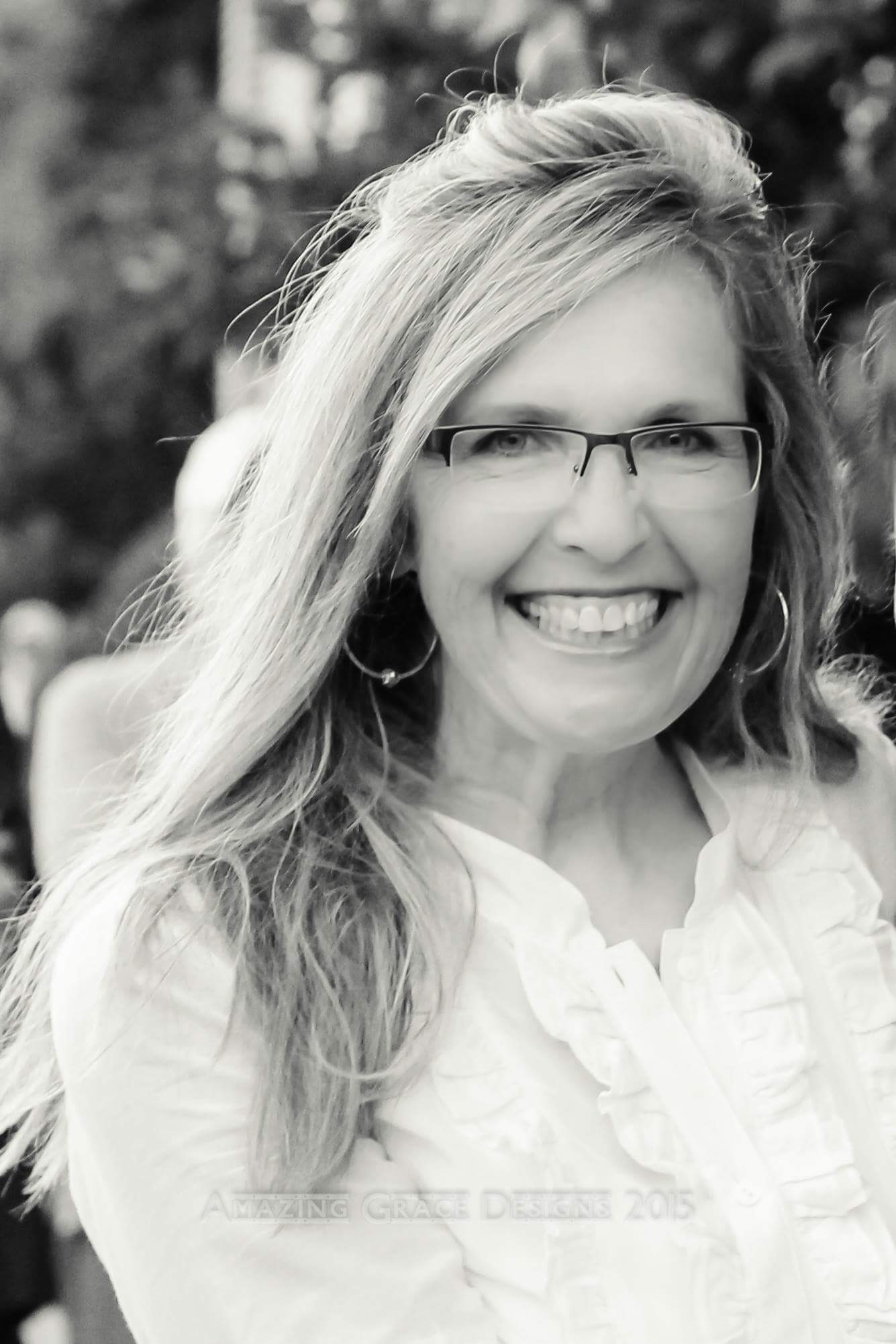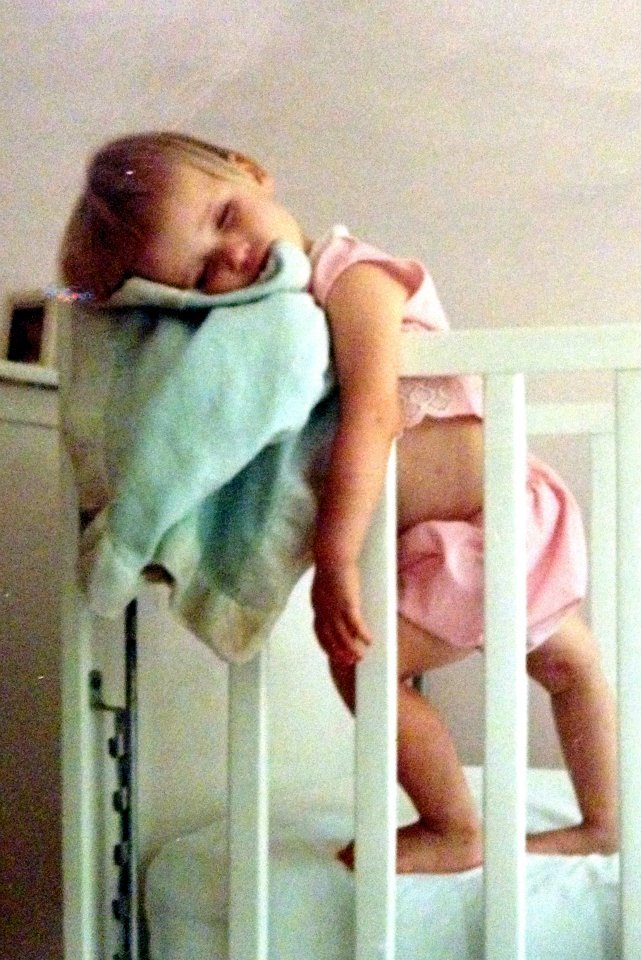The Plight of Outsiders

The Plight of Outsiders
“If you’ve ever had that feeling of loneliness, of being an outsider, it never quite leaves you. You can be happy or successful or whatever, but that thing still stays with you.”― Tim Burton
Feelings aren’t facts, that’s true, but man oh man can feelings be our reality. You’ve hit your thumb with the hammer or you’ve stubbed your toe on the base of the bed, and you feel as if you’ve broken something, even though you have not. Feelings may not be facts, but the pain behind those feelings is very real. Feelings aren’t just about physical things, though. I can feel like you don’t care for me, and I might be completely wrong, but what I’m feeling is what I’m feeling and can be painful. As I read Tim Burton’s quote, I knew what he meant. I’m not sure that any of us can say we’ve never felt like an outsider, and when it leads to loneliness, the thing does stay with you.
Everyone has felt like an outsider at some time:
*When others were drinking alcohol and you chose not to.
*When others were following a certain political candidate, and you chose to support another?
*When you arrived at a gathering to discover yours was the only car that didn’t cost as much as a house?
*When the language you spoke was not spoken by anyone around you?
*When you couldn’t for the life of you comprehend what the teacher was trying to teach you while everyone else seemed to ‘get it’?
We’ve almost all felt like the outsider, and chances are pretty good that we’ve helped someone else feel like the outsider whether we intended to or not. If, as Burton says, we never forget what it feels like, why aren’t we better about helping others to not feel like outsiders?
The words stung as I read them. “We realize now that until we raised a child of color, (walked in another’s shoes), our empathy combined with horror was not fully realized.”
Written by a white woman who is raising her grandchild of color, the story that followed was so hard for me to accept and to understand. The child had been the target of very mean-spirited adults. Their bigotry, their racism, their prejudice all might be cleverly hidden if I were to meet them in a public setting, but in the privacy of a home they unleashed unkindness on a child that made me look at the calendar to see if I were still in 2016.
If you were to read the story, you might be horrified as well. The hanging of flags that would remind the child where she was, the direction from another child that she must sleep outside, all ugliness that should be in a history book of a time long ago, long before we were such civilized people. Somewhere, though, between our being horrified at how a child was treated and our own actions in a situation with someone who is different than we are, we forget.
We forget the pain of being the new kid on the block, the person with the big nose or curly hair: the outsider. Instead of having empathy for those who see life differently than we do or who look different than we do, we jump on the bandwagon to belittle them and build ourselves up, though that isn’t really what we accomplish at all. When we belittle others, when we judge others based on their skin or hair or birthplace, and when we push others down because they make us uncomfortable, we make smaller people of ourselves and leave no one feeling very dignified.
In a time of hiding behind screens and spewing hate, and in a time of people being afraid that outsiders will come in and change what we’ve decided is the right way for things to be, why not consider for just a moment that change isn’t always bad? Why not consider that bringing people with different ideas and backgrounds into one place could provide a better way of living for everyone? If it would horrify you for someone to treat your child in a certain way, be certain that you are not treating others in a similar way.
Before you punch someone literally or verbally for being different than you, read the words of a wise man and choose to free yourself from your loneliness and outsider status as you are freeing someone else::
“No man will ever be whole and dignified and free except in the knowledge that the men around him are whole and dignified and free, and that the world itself is free of contempt and misuse.”― Wendell Berry, The Hidden Wound



